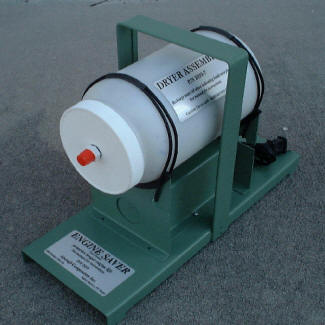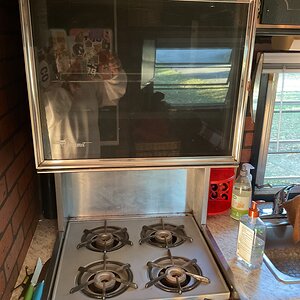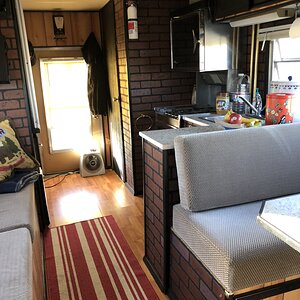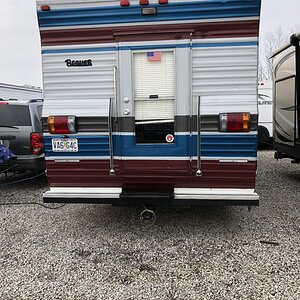AbdRahim
RVF Supporter
- Joined
- Dec 25, 2019
- Messages
- 3,236
- RV Year
- 2020
- RV Make
- Newmar
- RV Model
- BayStar 3626
- RV Length
- 37’
- Chassis
- Ford
- Engine
- V10
- TOW/TOAD
- None
Those of you who store your motorhomes for the winter, do you generally change the engine oil prior to storage and again when you take it out in the spring? There is a great controversy about condensation in the oil or the dirty oil causing corrosion.
Does anybody use Engine fogger prior to storage?
Does anybody use Engine fogger prior to storage?














